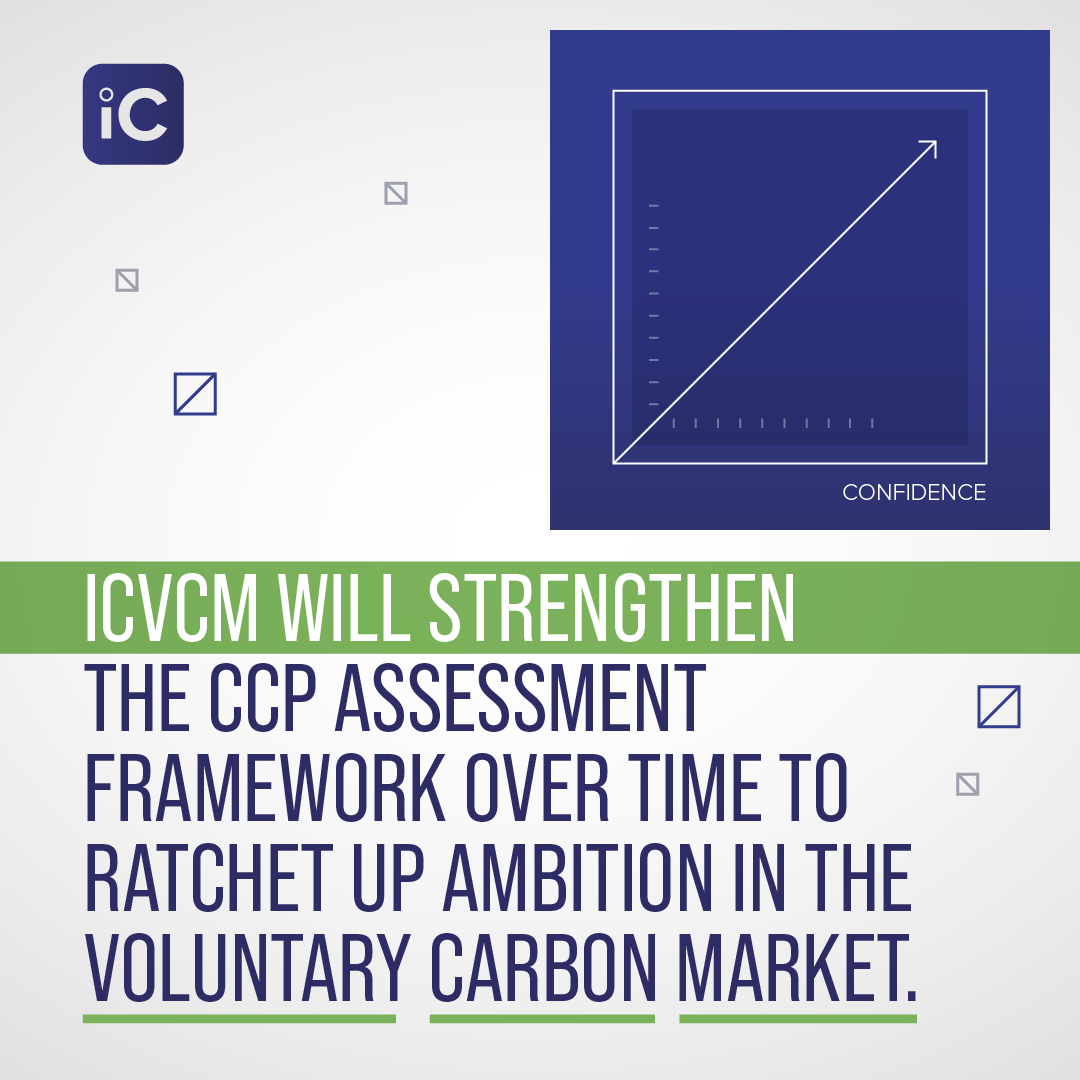Introducing the High-Integrity CCP Label for Game-Changing Carbon Credits

The Integrity Council for the Voluntary Carbon Market (IC-VCM) has taken a momentous step in promoting high-quality carbon credits with the release of its full global benchmark, the Core Carbon Principles (CCPs) Framework. This framework aims to ensure that carbon credits generate real, verifiable climate impact based on the latest science and best practices. The IC-VCM's ultimate goal is to introduce the high-integrity CCP label to the market before the end of 2023, signifying a new era in voluntary carbon markets.
Gabriel Labbate, Head of Climate Mitigation at the United Nations Environment Programme (UNEP), emphasized the significance of this development, stating, "Ensuring integrity in voluntary carbon markets is a process, not a one-off attempt, and the IC-VCM Core Carbon Principles Framework is a critically important milestone. Carbon markets of high integrity have a major role to play in funding the protection and restoration of our forests and other ecosystems."
The Assessment Framework, which is part of the Core Carbon Principles, sets a robust and achievable threshold to elevate standards to a consistent level of quality across the carbon market. To earn the CCP label, carbon credits must fund projects that adhere to specific criteria, including compatibility with a transition to net zero, permanence within 40 years, additionality, and robust quantification of emissions impact to minimize overestimation.
Furthermore, the CCPs require all new projects to implement strong social and environmental safeguards that deliver positive sustainable development impacts. This new framework replaces and incorporates the previously published documents in March, reaffirming the IC-VCM's commitment to driving climate ambition and transparency in the market.
The IC-VCM is also preparing for the future by planning to strengthen the Assessment Framework over time, ensuring the continuous improvement of market standards. The Council is actively engaging with experts and stakeholders to explore and address complex issues related to carbon crediting, promoting innovation, and adapting to advancements in technology and science.
The CCP label will provide buyers with an easy way to identify high-integrity carbon credits, regardless of their source, type, or location, instilling confidence and trust in the market. As demand for high-quality credits grows, the CCP label is expected to incentivize a market shift towards integrity, unlocking finance for impactful projects that reduce and remove significant emissions.
The IC-VCM will now focus on assessing programs and categories of credits against the CCP criteria. Programs can apply for assessment through the IC-VCM's portal, while expert working groups will evaluate categories of carbon credits. The Council aims to announce the first CCP-Eligible programs and CCP-Approved categories in the coming months, prioritizing assessments based on factors such as complexity and market share.
Nature-based solutions will play a critical role in the VCM's efforts to address climate change. The CCPs aim to strengthen high-integrity REDD+ forestry projects and the emerging JREDD (jurisdictional approaches to reducing emissions from deforestation and degradation) category, ensuring that carbon credits from nature projects contribute to meaningful emissions reductions and environmental conservation.
The launch of the Core Carbon Principles Framework marks a significant milestone in the journey towards a high-integrity voluntary carbon market. By establishing a clear benchmark for quality, the IC-VCM is paving the way for transformative climate action, mobilizing private capital, and driving investment towards sustainable and impactful climate solutions worldwide.


